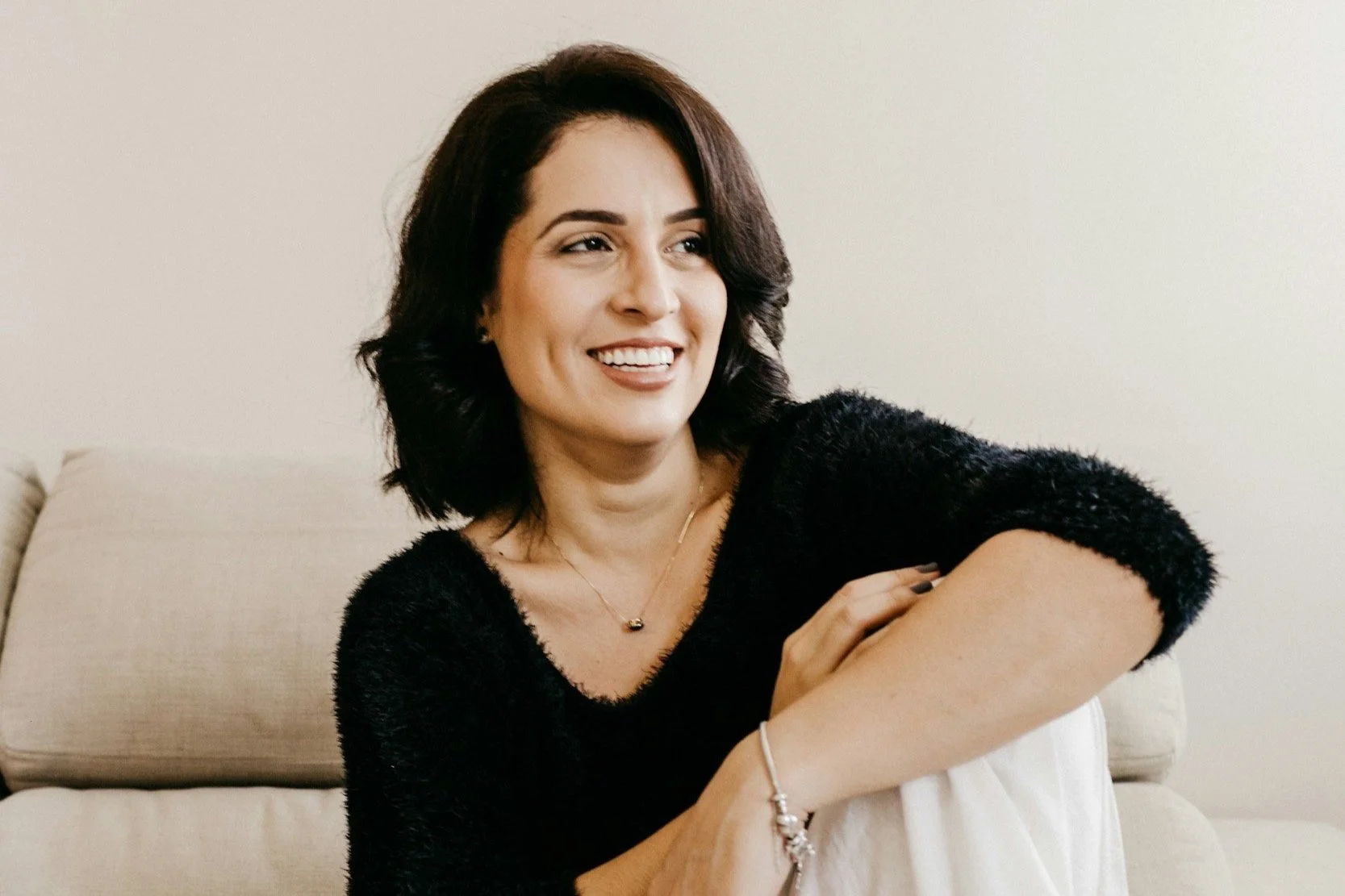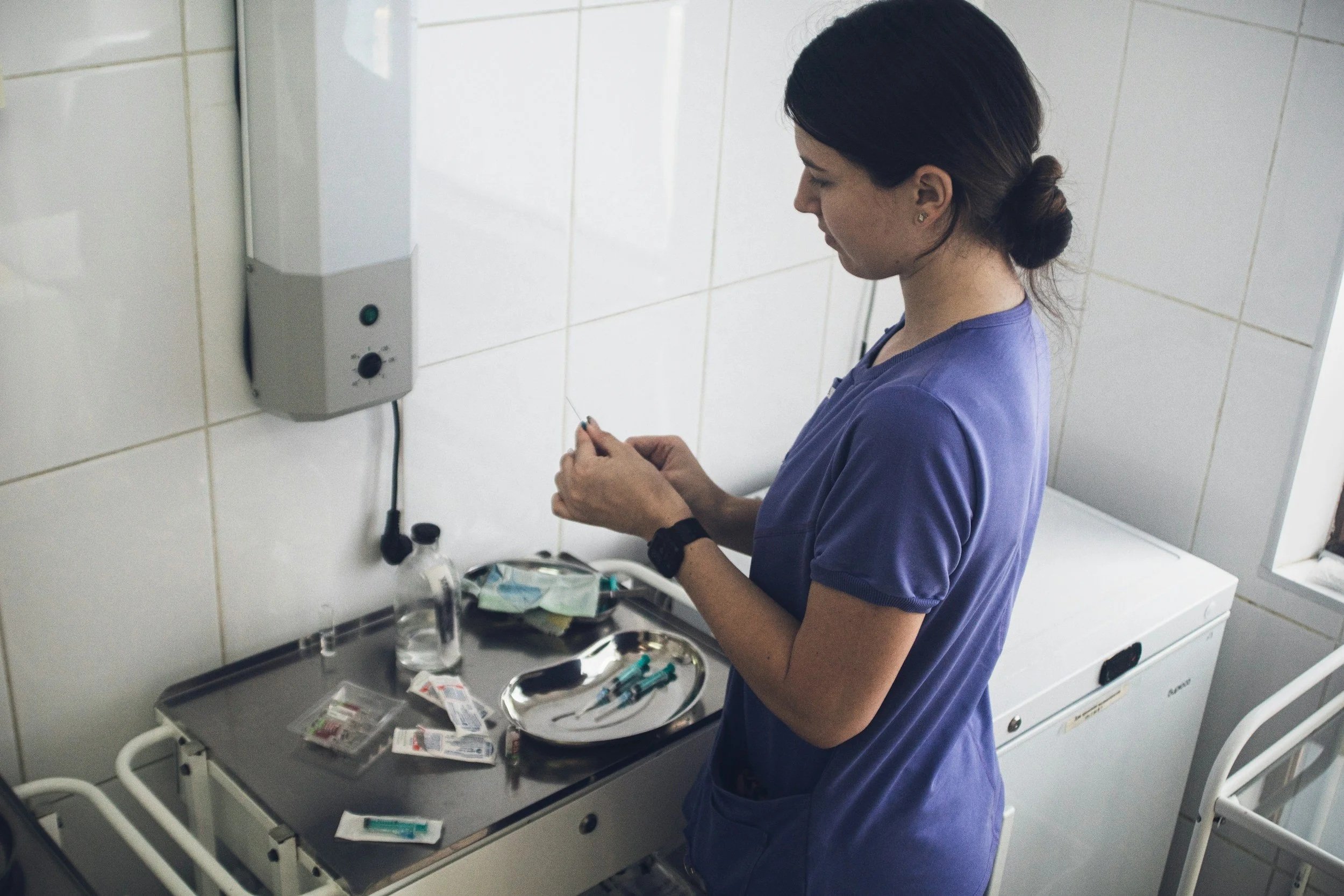At one point or another, every women asks themselves the same question in their egg freezing journey: how many eggs should I freeze? With many factors influencing the likelihood of future pregnancy, the number of eggs you should freeze depends on how comfortable you are with the associated probability of a successful live birth.
Studies have developed models to help predict the probability of pregnancy based on the number of eggs frozen.
How many eggs should I freeze?
How many eggs do you need to collect today, to ensure success in the future? Unfortunately, there is no way to know which, if any, of the eggs that are collected will be the “golden egg” that will result in a future pregnancy. What we do know is that not every egg is expected to be a good one, and that the more eggs we have to work with, the better the chances are that you will be able to make at least one healthy baby from those eggs.
What are the steps that lead from egg to baby?
First, the egg will need to be thawed - only 85%-95% are expected to survive this “unfreezing” process (1,2). Those eggs are then injected with sperm to promote fertilization, where about 75% are expected to fertilize and result in an early embryo. These early embryos are typically grown in the lab for several days, during which time the “fittest” progresses to a late-stage embryo, or blastocyst. The percentage of embryos that progress to this late stage may range from about 50% for a 34-year-old woman to 20% for a 42-year-old woman (3).
Finally, those embryos are transferred back to the uterus to (hopefully) make a pregnancy. The probability that each embryo will “implant” and become a pregnancy ranges from 20%-50% based on data from the Society for Assisted Reproductive Technology - and, you guessed it, decreases as the age at which you froze your eggs increases. All these variables make it hard to predict exactly how many eggs you need to freeze in order to feel comfortable and confident.
Can we predict the chances of pregnancy based on the number of eggs frozen?
Researchers from Brigham and Women’s Hospital in Boston have generated a counseling tool for providers and patients to predict the probability for a live birth given a woman’s age and number of mature oocytes collected (3).
According to their model, the probability of at least one live birth for a woman who froze 20 mature eggs at 34 years of age is 90%. If she had frozen 30 mature eggs, the probability would have increased to 97%. To get to 99% probability of live birth, a 34-year-old woman may need 40 mature eggs frozen. That’s a lot of eggs!
The older a woman is when she freezes her eggs, the more eggs we anticipate she will need to provide a good probability of success. Compared to the 34-year-old woman with 20 mature eggs frozen, a 37-year-old woman has a predicted probability of 75% for a live birth, while a 40-year-old woman has a predicted probability of 51%.
The data represented in the graph was simulated from the model developed by scientists at Harvard Medical School.
It’s important to keep in mind that these percentages are based off of the probably of having one healthy baby from those eggs; if you think you want to have more than one baby from frozen eggs, the number of eggs you should freeze goes up.
So how many eggs do I need?
Unfortunately, there is no standard answer - it all depends on how comfortable you are with the predicted probability of future success. You may want to have a 90% probability of live birth from the eggs you collect now, while someone else may be comfortable knowing they have a 50% probability.
The number of eggs you may get from each egg freezing cycle also varies by individual. A consultation with a reproductive endocrinologist (an OBGYN who specializes in fertility) is critical in predicting how many eggs you may get from each egg freezing cycle (those numbers can also vary between clinics based on their specific protocols and statistics).
At the end of they day, it is up to you to decide if you are happy with the probability for live birth with the number of eggs you have collected, or if you want to freeze more before wrapping up your egg freezing journey.
Articles referenced in this post:
Cobo A, Garcia-Velasco JA, Coello A, Domingo J, Pellicer A, Remohi J. Oocyte vitrification as an efficient option for elective fertility preservation. Fertil Steril 2016;105:755-764.e8.
Practice Committees of American Society for Reproductive Medicine; Society for Assisted Reproductive Technology. Mature oocyte cryopreservation: a guideline. Fertil Steril 2013;99:37-43.
Goldman RH, Racowsky C, Farland LV, Munne S, Ribustello L, Fox JH. Predicting the likelihood of live birth for elective oocyte cryopreservation: a counseling tool for physicians and patients. Hum Repro 2017;32:853-9.
Dr. Sahar M. Stephens is double board certified in Reproductive Endocrinology/Infertility and OB/GYN at Northern California Fertility Medical Center (NCFMC). She completed her medical degree and Obstetrics and Gynecology residency at Washington University in St. Louis, and her fellowship in Reproductive Endocrinology and Infertility at the University of Colorado, Denver. She has enjoyed helping build families in the Sacramento area, and was recognized as one of Sacramento’s Top Doctors in 2018.
Learn more about NCFMC on Freeze.
































